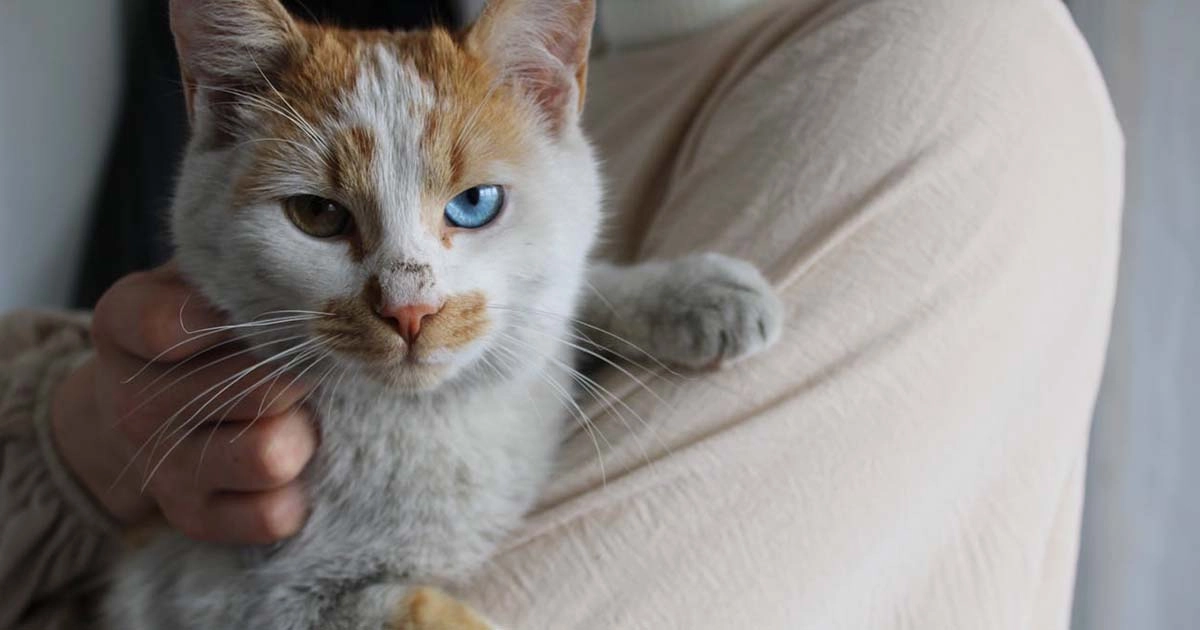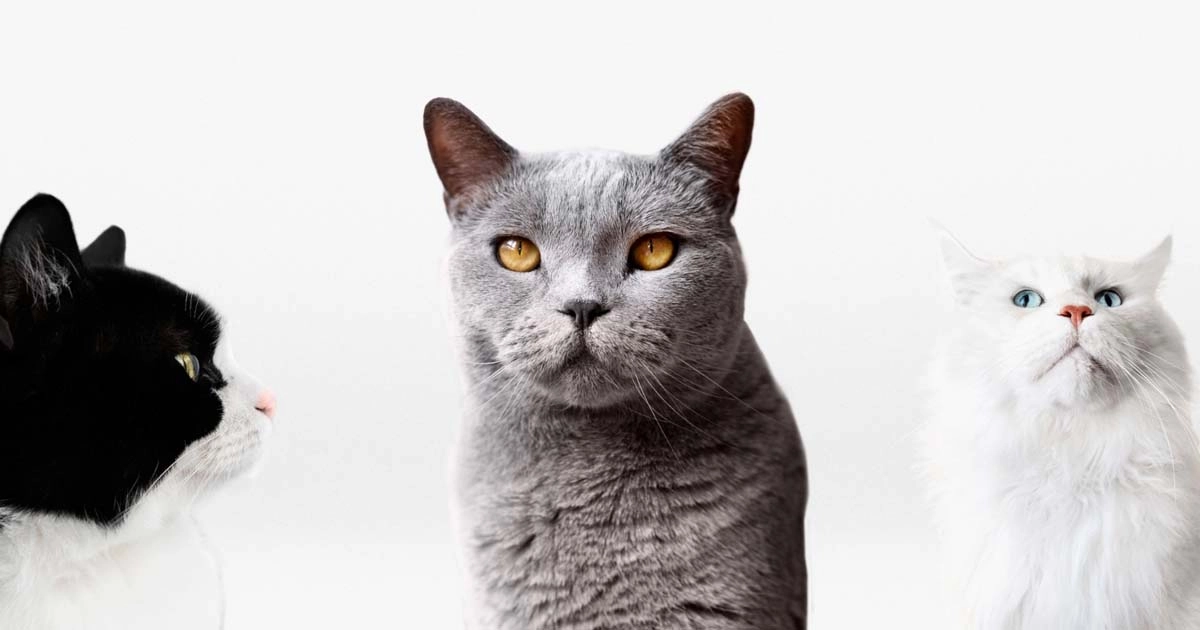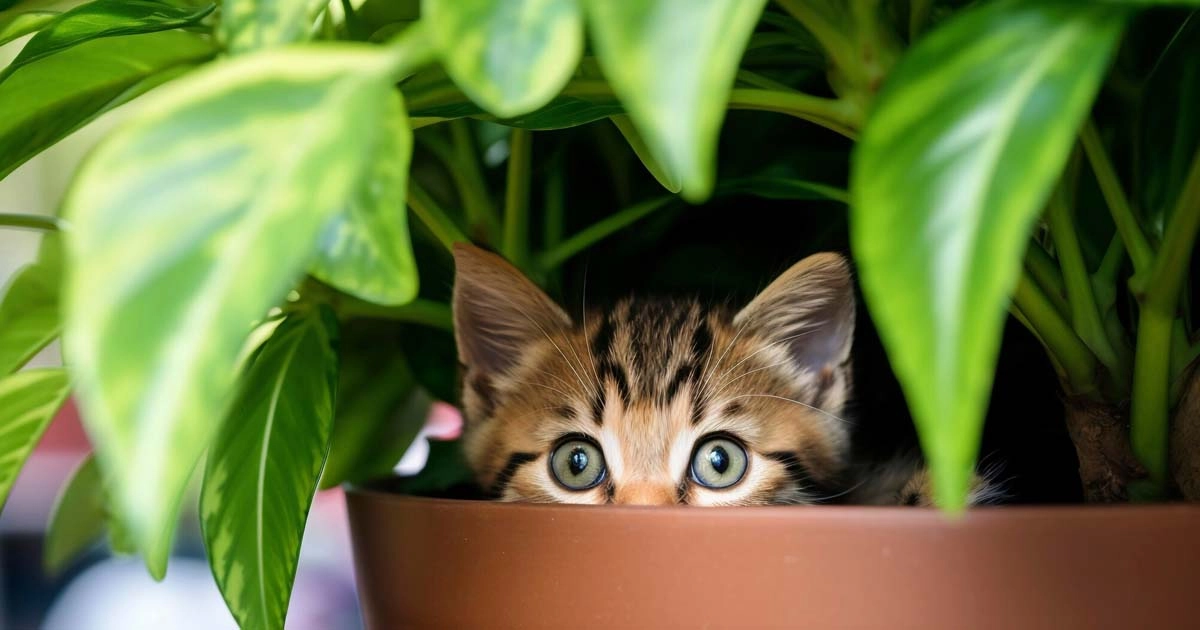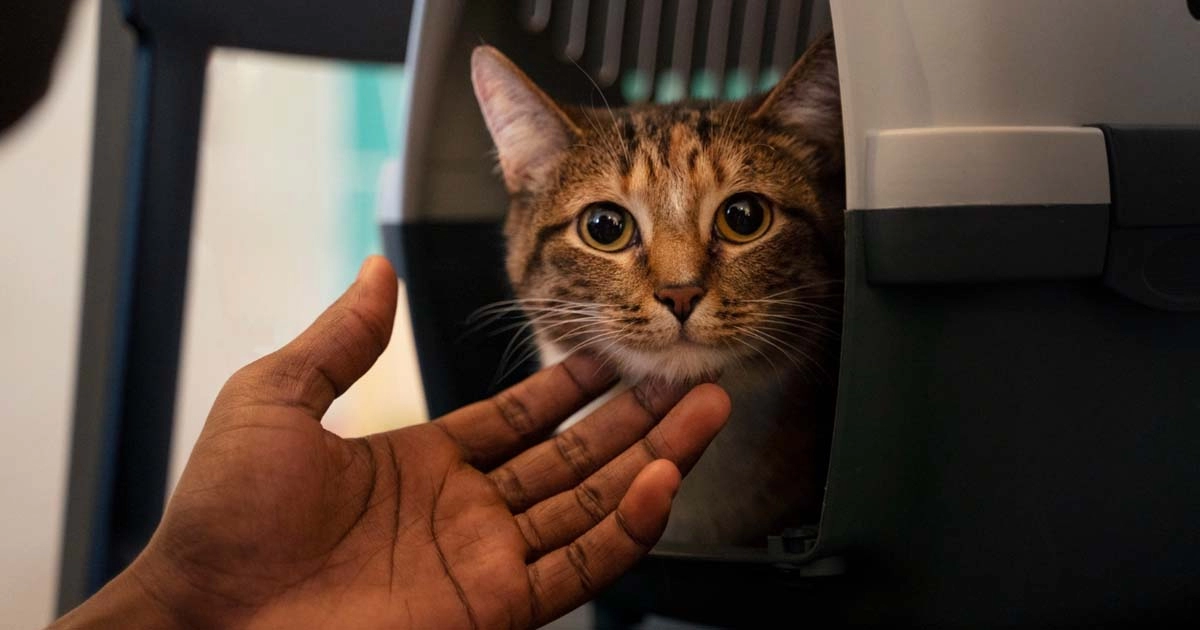Cats and pregnancy: Myths, facts, and precautions

Cat
17/03/2025
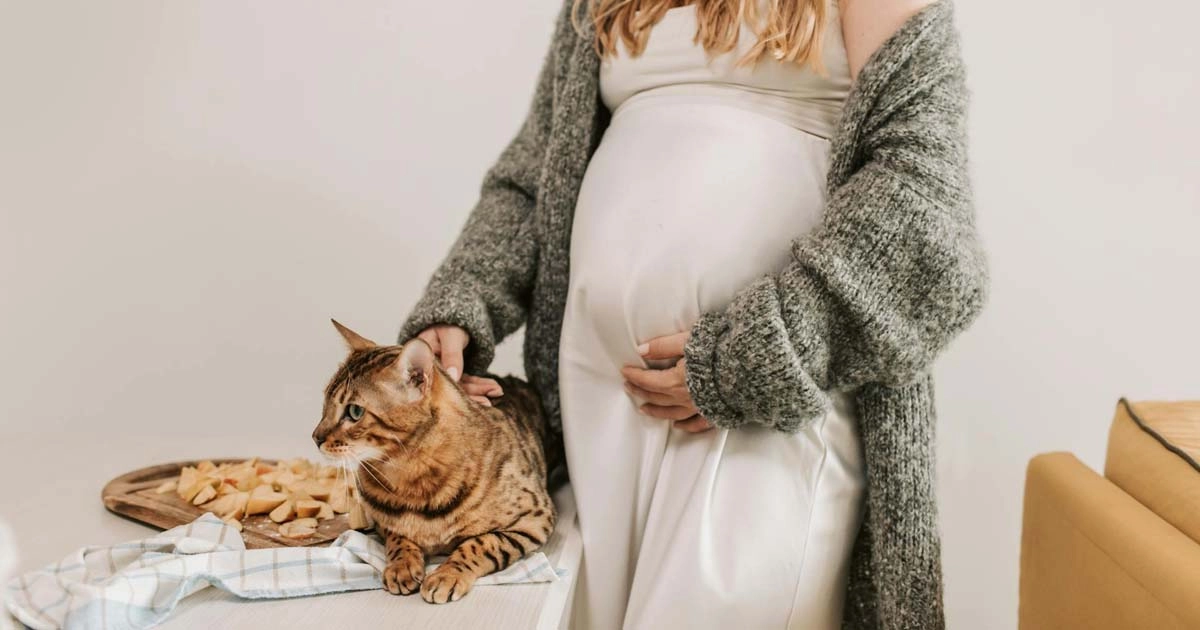
Pregnancy is a life-changing period for women, filled with joy and anticipation. However, for those who own cats, concerns often arise regarding the safety of their furry companions during this sensitive time. Many myths and misconceptions surround the relationship between cats and pregnancy, particularly due to the risk of toxoplasmosis. This mybestie.gr article aims to clarify these concerns, providing scientific facts and practical advice for expecting mothers who wish to maintain a harmonious and safe environment with their feline friends.
Table of contents
Understanding toxoplasmosis
The primary concern for pregnant women when it comes to cats is toxoplasmosis, an infection caused by the parasite Toxoplasma gondii. While the infection is generally harmless for most people, it can pose serious risks to the unborn baby if contracted during pregnancy, potentially leading to miscarriage, stillbirth, or congenital disabilities.
Cats become infected with Toxoplasma gondii by consuming infected rodents, birds, or raw meat. The parasite’s eggs are then shed in the cat’s feces, which can contaminate the environment. However, the eggs become infectious only after 24 hours, allowing time for proper cleaning and hygiene practices to prevent transmission.
Myth vs. reality
Myth: All cats carry toxoplasmosis.
Reality: Only cats that hunt outdoors or are fed raw meat are at risk of contracting and shedding the parasite. Indoor cats that are fed commercial cat food are unlikely to be carriers.
Myth: Pregnant women should get rid of their cats.
Reality:With proper precautions, it is entirely safe to keep your cat during pregnancy.
Myth: Handling cats will immediately result in infection.
Reality: Direct contact with cats is not a significant risk. Infection usually occurs through handling contaminated soil, consuming undercooked meat, or ingesting unwashed vegetables.
Preventive measures for pregnant women
- Litter box management: Have someone else clean the litter box. If that’s not possible, wear gloves and wash hands thoroughly afterward.
- Hygiene practices: Wash hands after handling your cat or working in the garden.
- Dietary caution: Avoid consuming raw or undercooked meat and unwashed fruits and vegetables.
- Keep cats indoors: Prevent your cat from hunting or consuming raw meat to reduce the risk of infection.
- Regular vet checkups: Regular veterinary visits can help monitor your cat’s health and detect any potential infections early on.
The emotional benefits of cats during pregnancy
Cats can offer emotional support and companionship during pregnancy, which can help reduce stress and anxiety. The soothing act of petting a cat can release endorphins and promote relaxation, contributing to overall well-being. Additionally, having a calm and loving pet can provide comfort during moments of emotional vulnerability that often accompany pregnancy.
Additional tips for a safe pregnancy with cats
- Avoid stray cats: Limit contact with stray cats or unfamiliar felines that may be more likely to carry the parasite.
- Proper food handling: Cook meat thoroughly and wash fruits and vegetables before consumption.
- Clean environment: Regularly clean areas where your cat spends time to minimize potential contamination.
The idea that pregnant women must part with their beloved cats is a myth rooted in misunderstanding. By following simple hygiene practices and preventive measures, the risk of toxoplasmosis can be effectively minimized. Expecting mothers can safely enjoy the companionship and comfort of their feline friends throughout their pregnancy.
References
Centers for Disease Control and Prevention (CDC)- Toxoplasmosis
American Pregnancy Association - Toxoplasmosis and Pregnancy
